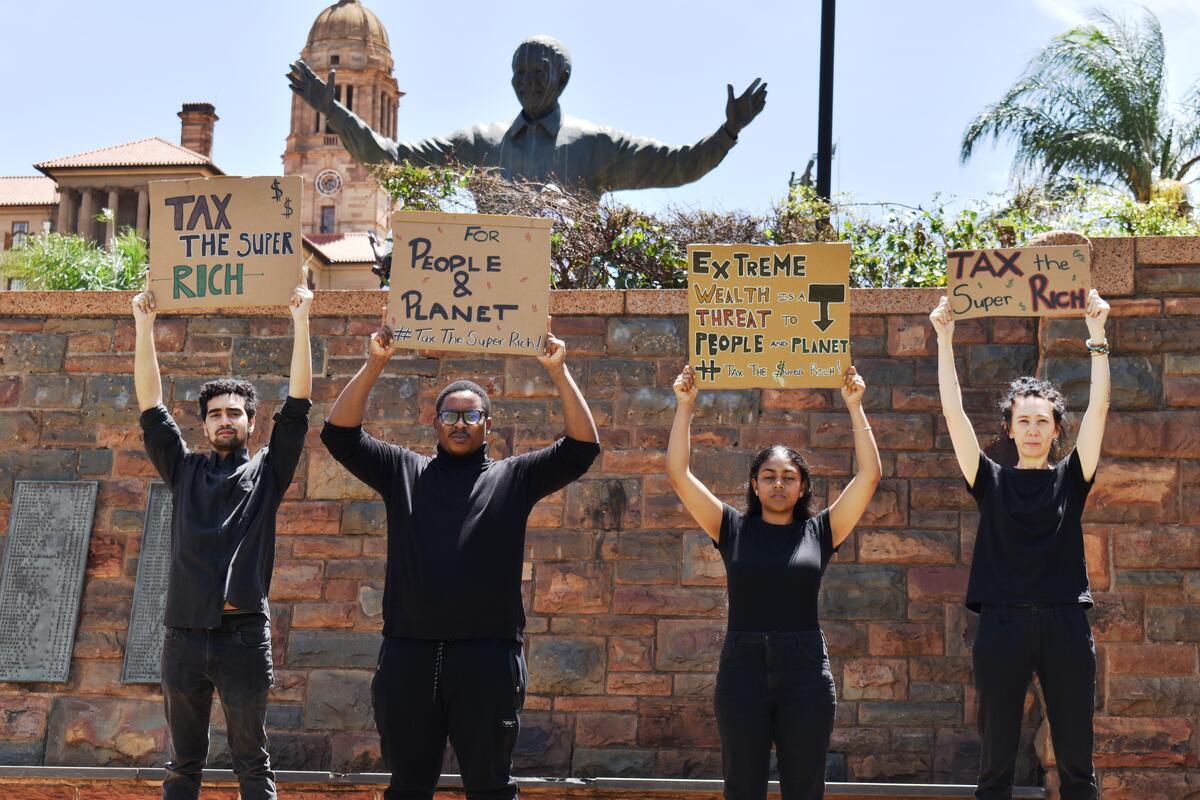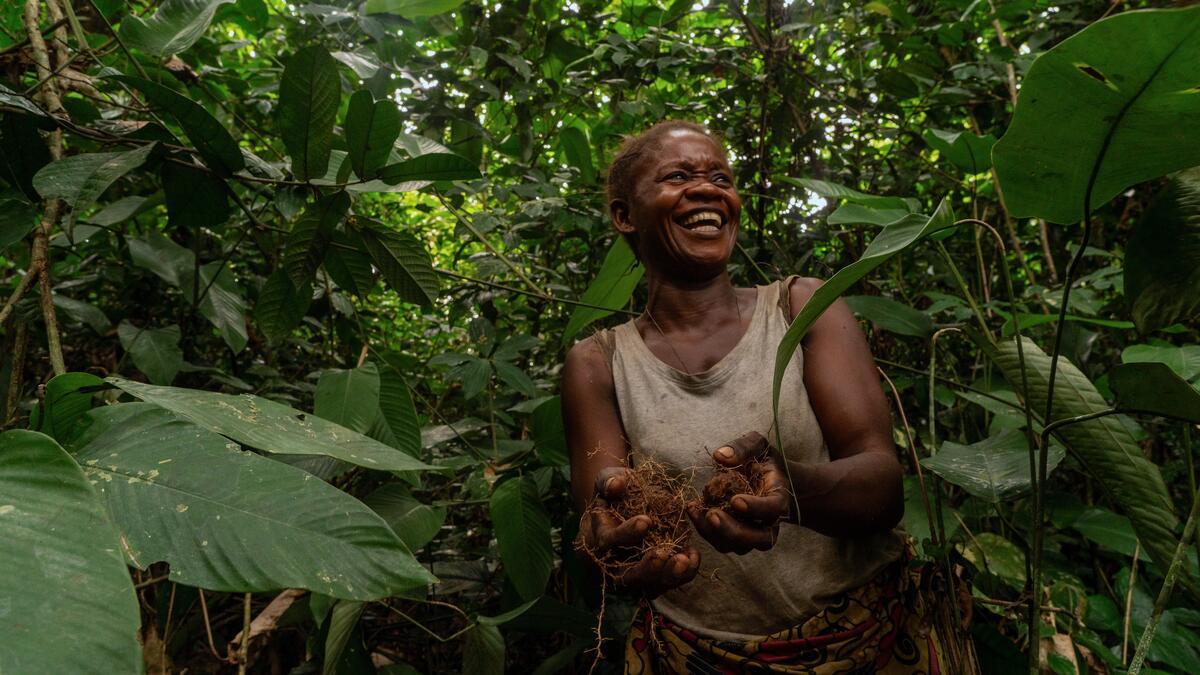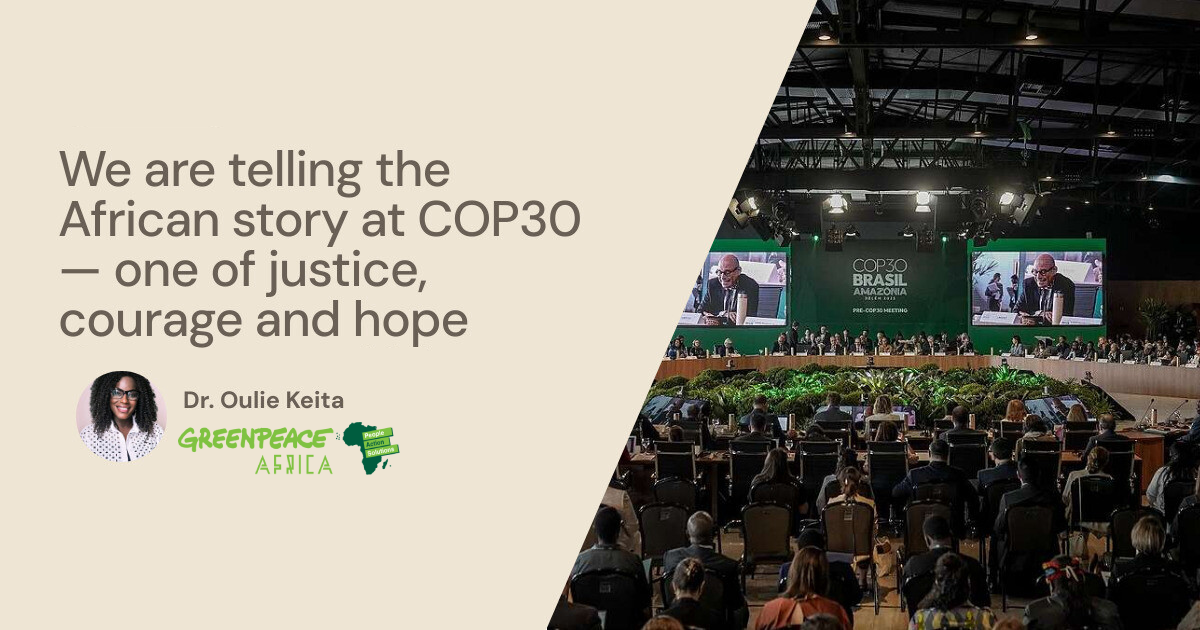“Food gives the children of our community hope,” Ziyanda Phandle tells me as the rain beats down on her patio office. Ziyanda is the farm manager at Love in a Bowl, a community cooperative that feeds 6000 children in 26 early childhood development centres (ECDs) and soup kitchens across Hout Bay. Like many South African cities, Hout Bay bears the brutal legacy of Apartheid spatial segregation. The Valley of Hout Bay is home to multi-million rand estates and world class schools, while on the slopes of the Sentinel and in the shadow of Chapman’s Peak, are two sprawling informal settlements, Hangberg and Imizamo Yethu (IY). Out of these communities was born the need for Love in a Bowl, our first shimmer of green in this story, established to meet rising food insecurity in Hangberg and IY.

Where a nutritious meal is often few and far between, Love in a Bowl guarantees healthy food at schools in the Hangberg and IY communities. Every Tuesday, Ziyanda’s crew deliver freshly grown veggies to ECDs. With many studies highlighting the importance of nutrition in education, Ziyanda explains that Love in a Bowl is not just meeting the community’s short term needs, but also helping to invest in its future: children.
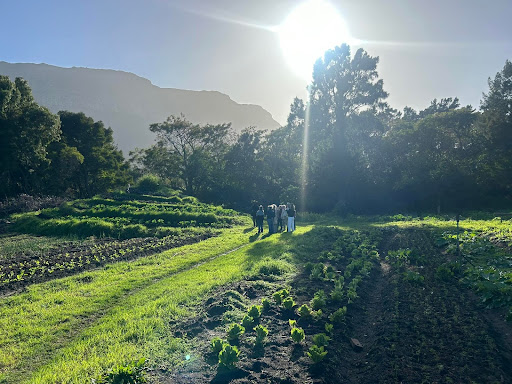
While monoculture farms use fertilisers and pesticides which have been linked to significant drops in soil fertility, Love in a Bowl believes that organic farming is integral to a sustainable food supply. Further emphasising the importance of community cooperation, Love in a Bowl has recently opened a composting scheme where locals bring organic waste which is used to fertilise the crop fields. Each kilogram of organic waste is one less that ends up in landfills releasing harmful methane gas.
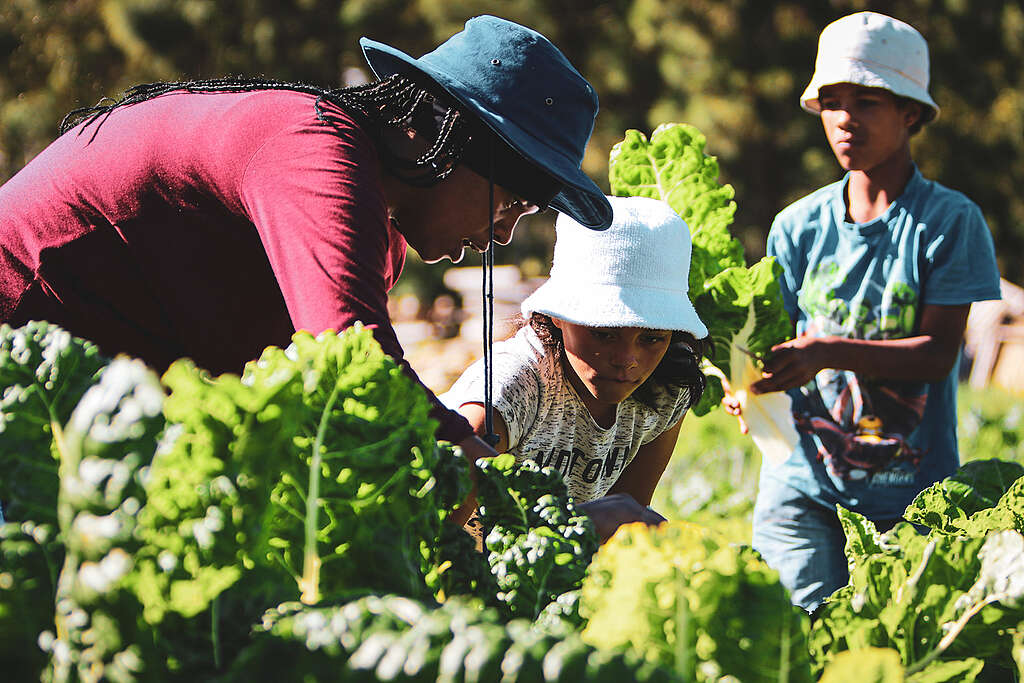
But feeding 6000 people every week is no walk in the park, warns Ziyanda. Severe funding cuts have forced the farm to cut their workforce from 45 full time staff in 2020 to 12 in 2024. While Ziyanda and her team have managed to keep output steady, funding is a constant struggle. The dream, says Ziyanda, is for Love in a Bowl to be a place that can integrate a divided community, from IY to The Valley to Hangberg. “We want a space where the community can come together and unite around food.” To help Love in a Bowl and the Hout Bay community realise this dream, visit their website here to find out more.
Our next shimmer of green takes us to Crossroads, Philippi, an area of Cape Town notorious for high unemployment, poverty, food insecurity and violence. Out of communities like these arose the need for Food Forward South Africa (FFSA), which today feeds over 950 000 people across South Africa every day. According to FFSA, 33% of food produced in SA is lost to wastage, while 10% of global greenhouse gas emissions are attributed to food waste. Through their food banking model, FFSA collaborates with farmers, retailers and corporate industry to repurpose food that would otherwise be landfilled. In doing so, FFSA saves over 115 000 tonnes of greenhouse gas emissions every year. Recently, FFSA launched Food Gardens Connect, a groundbreaking initiative designed to help communities find innovative solutions to the growing food security crisis. Likopo Sehlabo, community development officer at FFSA, spoke to Greenpeace Africa on how community gardens present a solution to challenges of food security in vulnerable communities. “We help our beneficiary organisations to establish organic food gardens in their communities, training them to be strictly organic. Through the project, beneficiary organisations are trained in organic farming techniques, receive seedlings for free, and learn how to financially manage their crop yields. FFSA guarantees a buy back of the produce their beneficiaries grow, creating income, sustainable employment and addressing food insecurity in areas like Philippi,” describes Likopo as we drive through Philippi on the way to one of FFSA’s gardens.
We arrive at Sikelela Imizamo Primary School, where leader of the food garden Thandiswa Mgcuwe greets us warmly. “This garden is our therapy. Some days I come out of my house crying, but when I see my garden, it releases stress, I am happy,” Thandiswa tells me. Aside from the psychological benefits, the garden feeds 149 children at Nomende Educare. Thandiswa and her team grow carrots, potatoes, peas, radish, spinach and lettuce used in the three meals provided daily for youngsters at Nomende. The site at Sikelela Imizamo Primary School is just one of 10 gardens that Likopo’s project operates. Herein, believe Likopo and Thandiswa, is a solution to the food security crisis in South Africa. Although food insecurity is already rife across South Africa, environmental groups like Greenpeace have for years warned that climate change is only likely to make this situation worse. Over the next 30 years, the United Nations estimates that soil fertility losses linked to the climate crisis could cause crop yields to drop by 30%, putting 200 million people at risk of extreme hunger by 2050. This is precisely why FFSA and Love in a Bowl’s work is so important: to find sustainable agricultural models to build food secure cities. Join Food Forward South Africa in their mission to help more people like Thandiswa support their community with sustainable urban agriculture by finding out more here.

